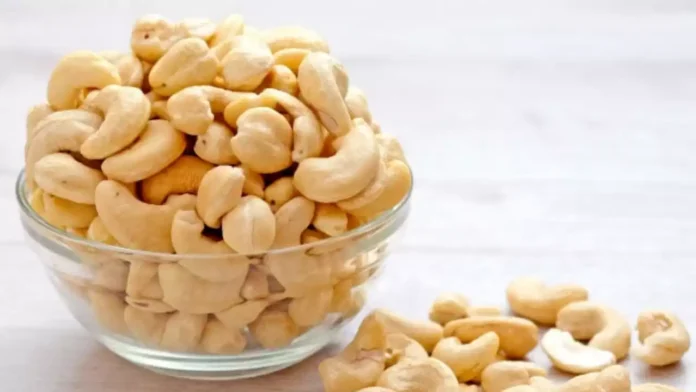Konkan, renowned for its exquisite mangoes, is equally celebrated for its sprawling cashew orchards. However, the influx of subpar cashew imports from Tanzania, Mozambique, and Ghana has resulted in a decline in cashew prices within the region.
Cashew growers anticipated favorable prices for their produce due to a decrease in production. However, despite this decline, cashew prices remained unchanged, largely due to imports from Africa.
One producer mentioned that traders tend to buy them at a lower price and sell them at a higher price. “We find ourselves in a dilemma, caught between imported cashews on one side and local sellers on the other.”
Continue Exploring: Dry fruit consumption in India soars by 25% in 2023, fueled by health-conscious trend post-pandemic
As per the National Council of Applied Economic Research, Maharashtra accounts for one-third of the country’s total cashew production, with 60% of it originating from Ratnagiri and Sindhudurg districts. However, this year, only 30% of cashews were produced in Konkan since the cashew season commenced in January, as the weather was less cold in November and December. Rishikesh Paranjape, managing director at Paranjape Agro Products India Pvt., noted that this climatic variation significantly impacted cashew production.
A merchant pointed out that African nations produce half of the world’s cashews, with Vietnam leading in production. Although Konkan cashews boast excellent quality, they fall short of competing with the global market due to a lack of visibility, he noted.
Paranjape stated that African cashews are currently priced at INR 90 per kg, whereas those produced in India cost INR 110 per kg. This price differential has impacted cashew growers in Konkan.
The merchant mentioned that Vietnam exported cashews valued at 2.7 billion dollars, while India exported 339 million dollars’ worth. With significant drops in cashew prices, producers in Konkan are advocating for a guaranteed price.
Continue Exploring: Healthy snacking brand Farmley set to expand retail presence, targets 30-40% offline sales share by 2026





